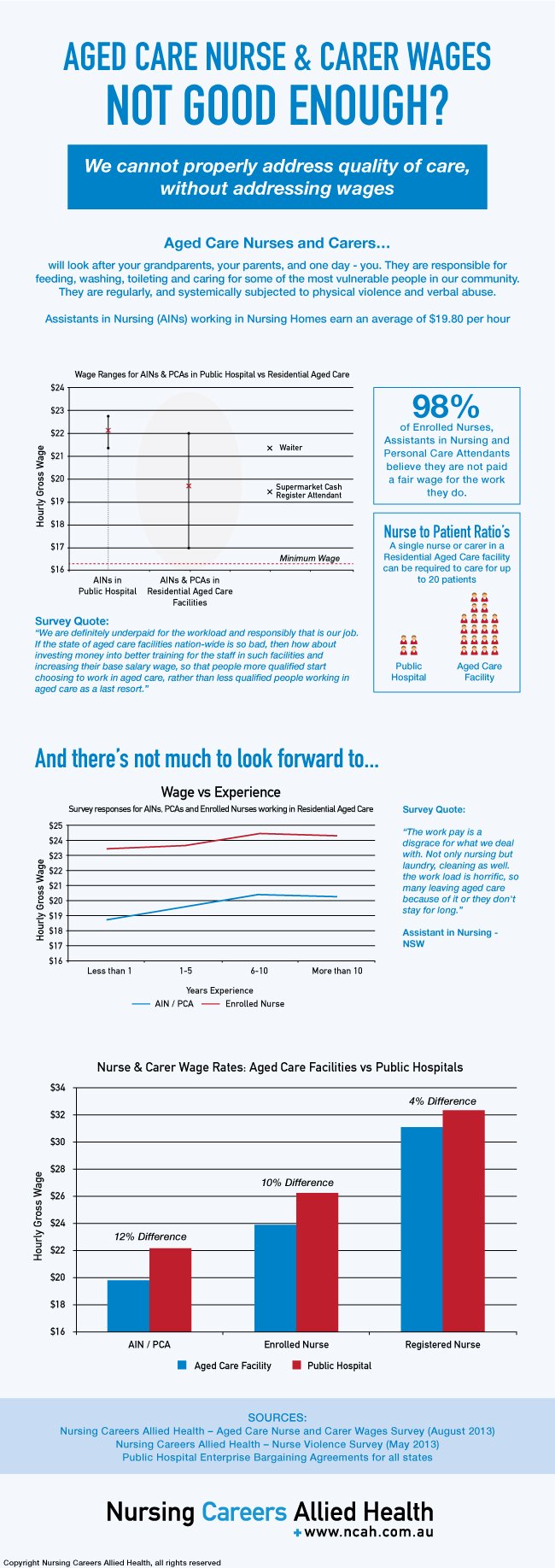I'll try to be as concise as possible, as that is usually where I err when writing. I'm unsure how this forum works, so will simply wing it for now. What better place to discuss matters of life and death?
As much as Aged Care might sound like a rather boring topic, my experiences are anything other. I wish to initially focus on the systemic corruption which is evident at my workplace (and within the industry in general), and how easily those that consider themselves to be health professionals lower their moral and professional standards in order to maintain secure employment. I find it both fascinating and rather horrific to witness, on a daily basis, levels of neglect towards our most vulnerable that are simply tolerated and considered "the norm". I can imagine similar corruption is to be found in most industries, but apathy among those charged with caring for the dying? We haven't really learnt much from the Holocaust as far as I can see.
I chose to become a carer after having spent many months beside by father as he died. He was in and out of hospitals before finally dying at a hospice. I recall the excellent level of care I felt they provided my father, and the sympathy they had for me being a youngster going through such. It simply seemed like a job which better suited my nature, and one that I felt my father would be proud to know I had. I knew going in that the pay was lousy, acknowledging that I'd be paid significantly less than my previous job. I mention all this because I wish for you to know that my reason for working in the industry is rather personal, having little to do with simply having a job. This gives me a certain moral fortitude I feel is severely lacking in most others I work with.
To give you a bit of an idea as to why neglect is rampant within the Australian aged care sector, I'd like to give you the rather grotesque conditions which guarantee this outcome..
- In Australia, there's no such thing as a minimal staffing ratio within nursing homes. All that is required according to the Aged Care Act 1997 is "to maintain an adequate number of appropriately skilled staff to ensure that the care needs of care recipients are met". Does that sound rather vague to you? What is adequate?
- The government continues to cut funding to the industry. Last year it was announced several billion would be cut over the next four years (apologies for a lack of links).
- The primary cost in running a nursing home is the staff.
- There's a massive demand due to the influx baby boomers.
- Nurses are paid the least in Aged Care (up to $300/1eth less per week) when compared to hospitals, for example.
- The majority of care (75%) is provided by PCA's/Care Workers who have had very little training (certificate 3 at TAFE)
- It's more profitable according to FairWork Australia to collect trolley's at a shopping mall than assist the elderly with their ADL's (Activities of Daily Living)
- The atrocious level of pay and the difficult working conditions encourage decent workers to get better paid jobs in other industries.
With these conditions, nursing homes have their budgets stretched and with no adequate regulations in place to protect nursing/staff ratio's, the logical way to cut costs is by cutting staff numbers. Hopefully I've made that easy enough to understand? The government has no interest in introducing minimum ratio's because then they'd have to fund it.
.. to be continued!
